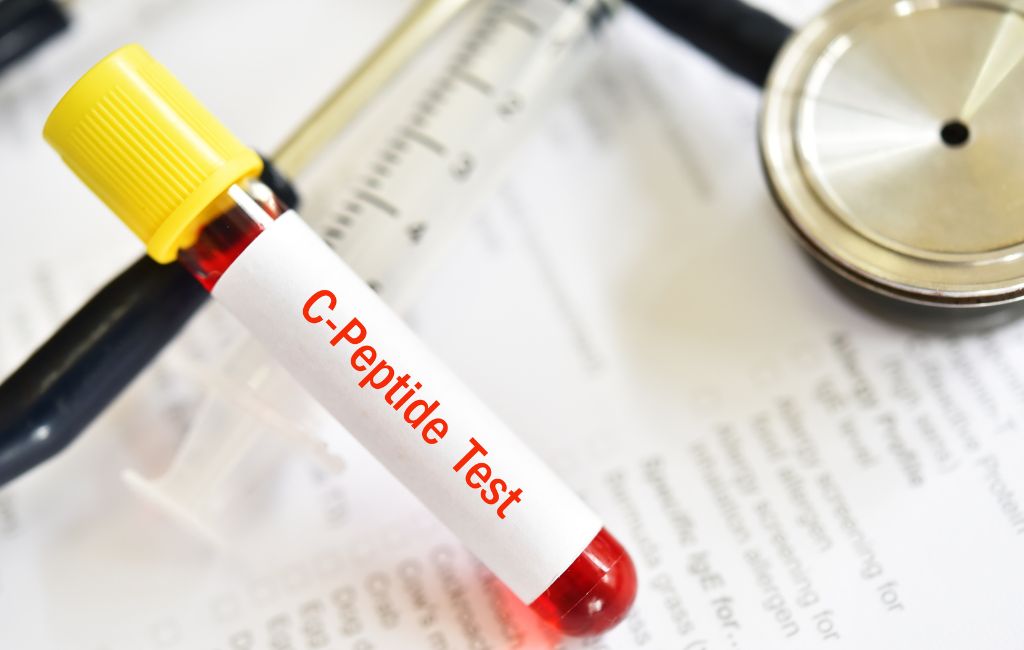Peptides for Gut Health: Unlocking Digestive Wellness Naturally
In recent years, the focus on gut health has gained significant traction, with many seeking natural solutions to improve their digestive wellness. Among the various options available, peptides for gut health have emerged as a promising avenue. This article explores the role of peptides in promoting digestive wellness, backed by research, examples, and case studies.
Understanding Peptides and Their Role in the Body
Peptides are short chains of amino acids, which are the building blocks of proteins. They play a crucial role in various biological processes, including hormone regulation, immune function, and tissue repair. In the context of gut health, peptides can influence the gut microbiome, enhance nutrient absorption, and support the integrity of the gut lining.
The Connection Between Peptides and Gut Health
The gut is a complex system that requires a delicate balance of microorganisms, nutrients, and immune responses to function optimally. Peptides can contribute to this balance by:
- Modulating the gut microbiome: Certain peptides have antimicrobial properties that help maintain a healthy balance of gut bacteria.
- Enhancing nutrient absorption: Peptides can improve the efficiency of nutrient uptake in the intestines.
- Supporting gut barrier function: They help strengthen the gut lining, preventing harmful substances from entering the bloodstream.
Research and Evidence Supporting Peptides for Gut Health
Several studies have highlighted the potential benefits of peptides in promoting gut health. For instance, research published in the journal Gut Microbes demonstrated that specific peptides could positively influence the composition of the gut microbiota, leading to improved digestive function.
Another study in the Journal of Clinical Gastroenterology found that peptide supplementation helped reduce symptoms of irritable bowel syndrome (IBS) in participants, suggesting a therapeutic role for peptides in managing digestive disorders.
Case Studies: Real-World Applications of Peptides
Case studies provide valuable insights into the practical applications of peptides for gut health. One notable example involves a group of individuals with inflammatory bowel disease (IBD) who experienced significant symptom relief after incorporating peptide supplements into their regimen. These individuals reported reduced inflammation, improved bowel regularity, and enhanced overall well-being.
Another case study focused on athletes who used peptides to support their digestive health during intense training periods. The results indicated that peptides helped maintain gut integrity, reducing the risk of gastrointestinal issues commonly associated with high-intensity exercise.
Popular Peptides for Gut Health
Several peptides have gained popularity for their potential benefits in promoting gut health. Some of the most notable include:
- BPC-157: Known for its regenerative properties, BPC-157 has been shown to support gut healing and reduce inflammation.
- Glutamine peptides: These peptides are derived from the amino acid glutamine and are known to enhance gut barrier function and support immune health.
- Collagen peptides: Collagen is a key component of the gut lining, and its peptides can help maintain gut integrity and promote tissue repair.
Incorporating Peptides into Your Wellness Routine
For those interested in exploring peptides for gut health, several options are available. Peptide supplements can be found in various forms, including powders, capsules, and liquids. It’s advisable to consult with a healthcare professional before starting any new supplement regimen, especially for individuals with pre-existing health conditions or those taking medications.
In addition to supplements, dietary sources of peptides can be beneficial. Foods rich in amino acids, such as lean meats, fish, eggs, and dairy products, can support the body’s natural production of peptides.
Potential Side Effects and Considerations
While peptides offer promising benefits for gut health, it’s important to be aware of potential side effects. Some individuals may experience mild digestive discomfort, allergic reactions, or interactions with medications. Monitoring your body’s response and consulting with a healthcare provider can help mitigate these risks.
Conclusion
Peptides present a natural and promising approach to enhancing gut health. With their ability to modulate the gut microbiome, support nutrient absorption, and strengthen the gut barrier, peptides offer a multifaceted solution for those seeking digestive wellness. Backed by research and real-world applications, peptides continue to gain recognition as a valuable tool in the pursuit of optimal gut health.
